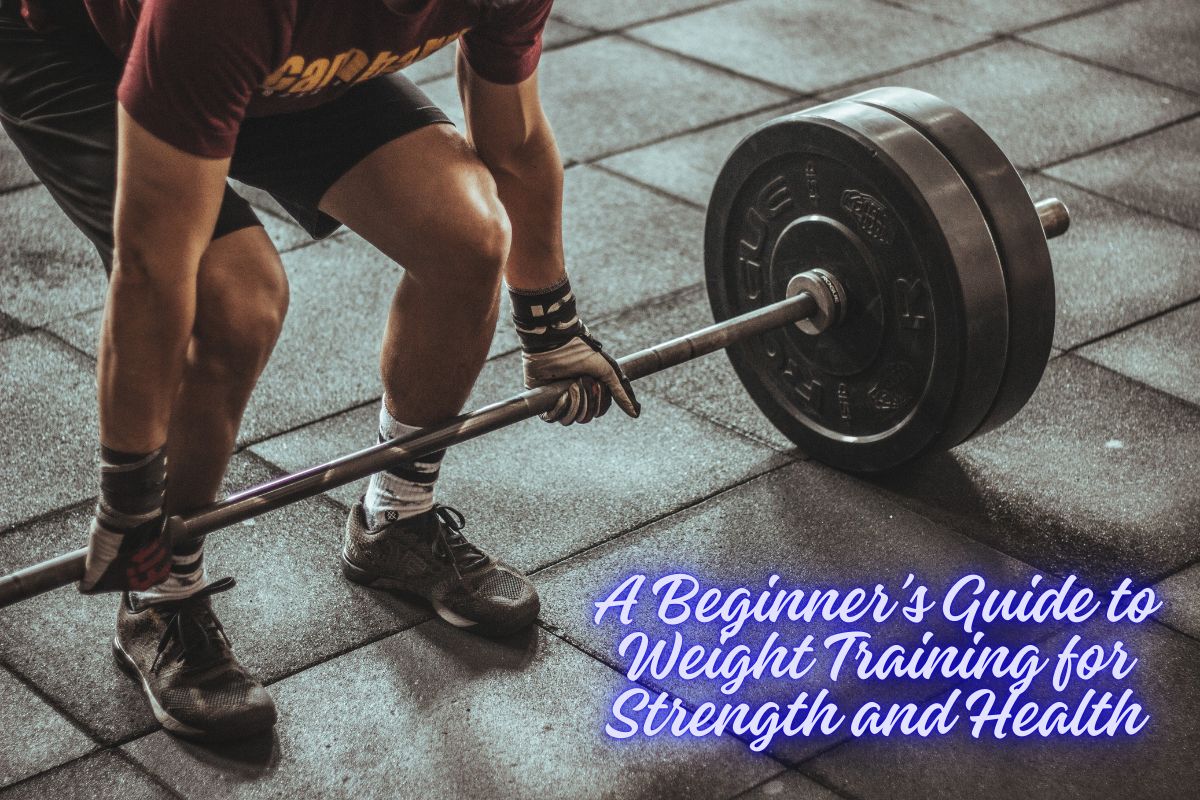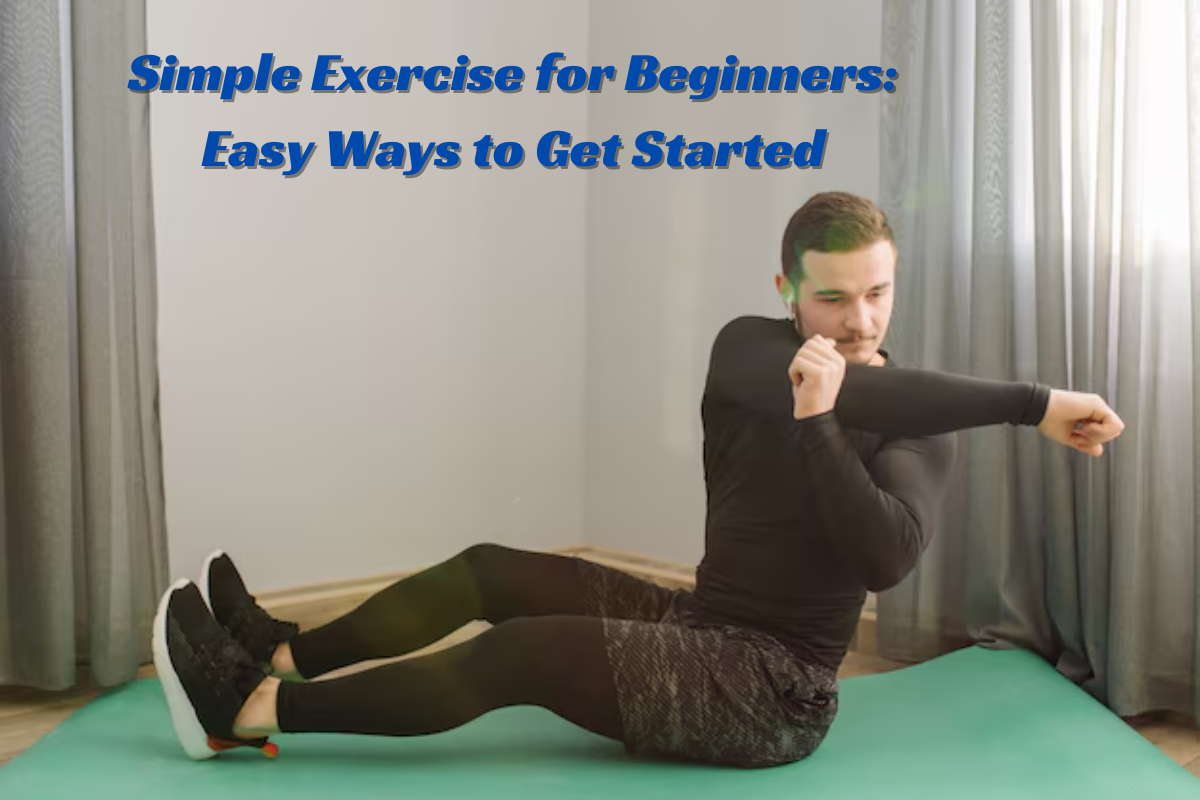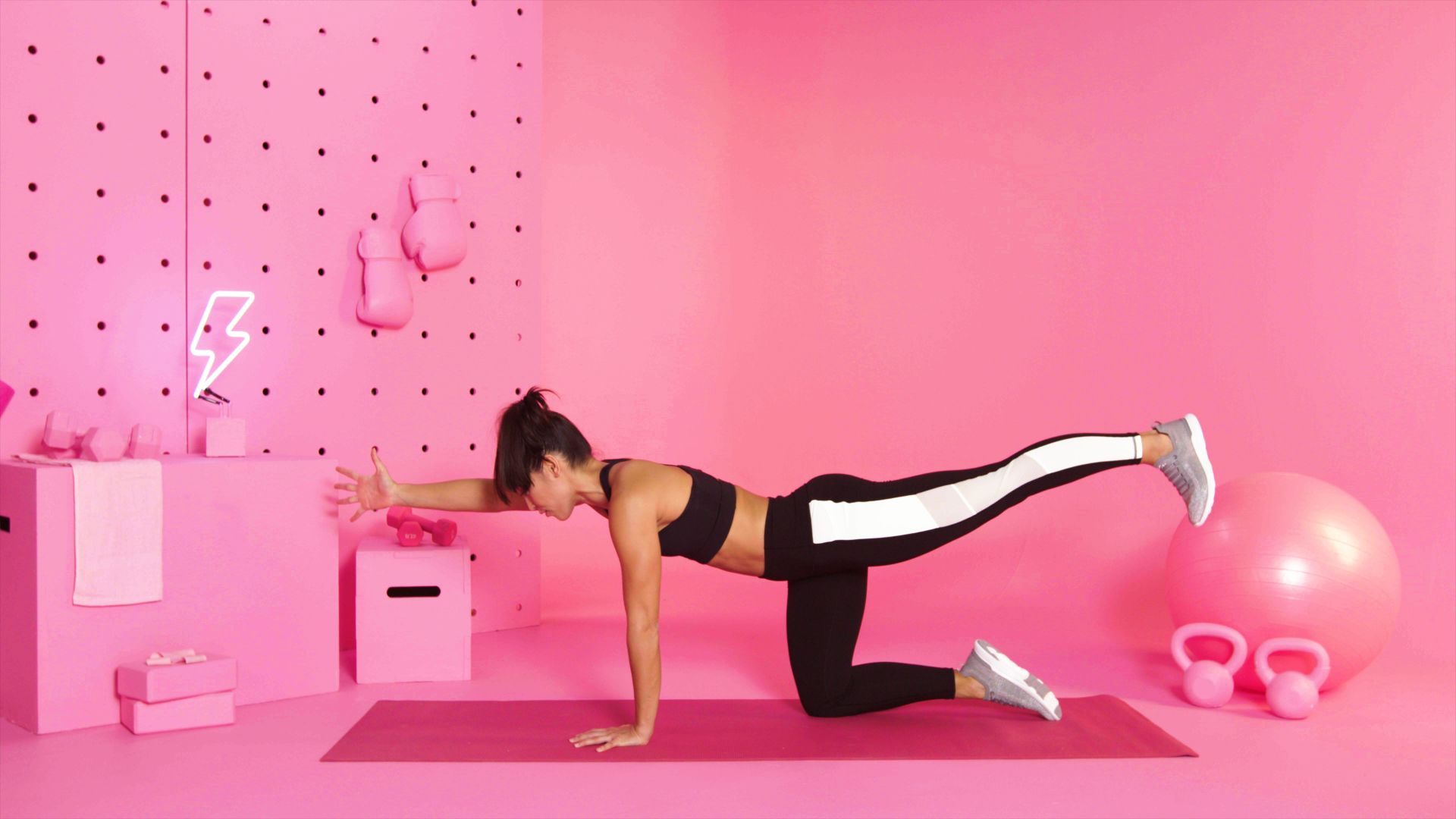In a world where health and wellness have become paramount, finding the right fitness routine can be a daunting task, especially for those seeking fitness help to battle depression. With countless options available, from trendy workouts to traditional exercises, it’s easy to feel overwhelmed and unsure of where to start. However, embarking on a journey towards a healthier lifestyle doesn’t have to be intimidating. In this comprehensive guide, we’ll delve into the secrets of fitness, providing you with the knowledge and tools to craft a personalized fitness plan that suits your goals and lifestyle.
Understanding the Fundamentals of Fitness
Before diving into specific workouts and routines, it’s crucial to grasp the fundamentals of fitness. At its core, fitness encompasses three key components:
- Cardiovascular Endurance: This refers to the ability of your heart, lungs, and circulatory system to deliver oxygen and nutrients to your body’s tissues during sustained physical activity. Activities like running, cycling, and swimming are excellent for improving cardiovascular endurance.
- Strength Training: Building strength involves working your muscles against resistance, whether through weights, resistance bands, or bodyweight exercises. Strength training not only increases muscle mass but also improves bone density and metabolism.
- Flexibility and Mobility: Flexibility refers to the range of motion in your joints, while mobility is the ability to move freely and easily. Incorporating stretching, yoga, and mobility exercises into your routine enhances flexibility, reduces the risk of injury, and improves overall movement quality.

Designing Your Fitness Plan
Now that you understand the foundational aspects of fitness, it’s time to design a plan tailored to your needs and preferences. Consider the following steps:
- Set Clear Goals: Determine what you want to achieve through your fitness journey. Whether it’s weight loss, muscle gain, improved endurance, or enhanced overall health, having specific goals will guide your workouts and keep you motivated.
- Choose Activities You Enjoy: Fitness shouldn’t feel like a chore. Explore different types of workouts, such as dance classes, martial arts, or outdoor activities, and find what brings you joy. Enjoying your workouts increases adherence and makes staying active feel effortless.
- Create a Balanced Routine: Incorporate a mix of cardiovascular exercises, strength training, and flexibility work into your weekly schedule. Aim for at least 150 minutes of moderate-intensity cardio per week, along with two to three days of strength training targeting major muscle groups.
- Prioritize Rest and Recovery: Don’t overlook the importance of rest days and adequate sleep. Your body needs time to repair and rejuvenate muscles after workouts, contributing to better performance and injury prevention.
Nutrition for Optimal Fitness
Alongside exercise, nutrition plays a vital role in achieving your fitness goals. Follow these guidelines for a well-rounded approach to fueling your body:
- Balanced Diet: Consume a variety of nutrient-dense foods, including lean proteins, whole grains, fruits, vegetables, and healthy fats. Opt for complex carbohydrates for sustained energy and prioritize protein for muscle repair and growth.
- Hydration: Stay hydrated by drinking an adequate amount of water throughout the day, especially before, during, and after workouts. Dehydration can negatively impact performance and recovery.
- Meal Timing: Fuel your body with balanced meals and snacks at regular intervals to maintain energy levels and support muscle recovery. Aim to eat a combination of protein and carbohydrates within an hour after exercising.
Overcoming Challenges and Staying Consistent
While starting a fitness journey is exciting, challenges may arise along the way. Here are some tips for overcoming common obstacles and staying consistent:
- Set Realistic Expectations: Progress takes time, so be patient with yourself. Set achievable milestones and celebrate small victories along the way to stay motivated.
- Find a Support System: Surround yourself with supportive friends, family, or workout buddies who can encourage and motivate you. Consider joining fitness communities or hiring a personal trainer for added accountability.
- Listen to Your Body: Pay attention to your body’s signals and adjust your workouts accordingly. Rest when needed, modify exercises to prevent injury, and seek professional guidance if you experience persistent pain or discomfort.
- Stay Flexible: Life is unpredictable, and schedules may change. Be flexible with your fitness plan, adapt to circumstances, and focus on consistency rather than perfection.
The Benefits of Regular Physical Activity
Embracing a consistent fitness routine offers numerous benefits beyond physical health:
- Mental Well-Being: Exercise releases endorphins, the “feel-good” hormones, reducing stress, anxiety, and depression symptoms.
- Improved Sleep: Regular physical activity promotes better sleep quality and duration, enhancing overall well-being and cognitive function.
- Increased Energy Levels: Engaging in regular exercise boosts energy levels, productivity, and mental focus throughout the day.
- Enhanced Confidence: Achieving fitness goals and improving physical strength and endurance can boost self-esteem and confidence in other areas of life.
Conclusion: Your Journey to a Healthier Lifestyle
Embarking on a fitness journey is a transformative experience that goes beyond physical appearance. It’s about prioritizing your health, enhancing your quality of life, and discovering your body’s incredible capabilities, including gym tips for beginners. By understanding the fundamentals of fitness, designing a personalized plan, nourishing your body with proper nutrition, overcoming challenges, and staying consistent, you’ll unlock the secrets to a healthier, happier you. Remember, every step forward is a step closer to achieving your wellness goals and living your best life.











